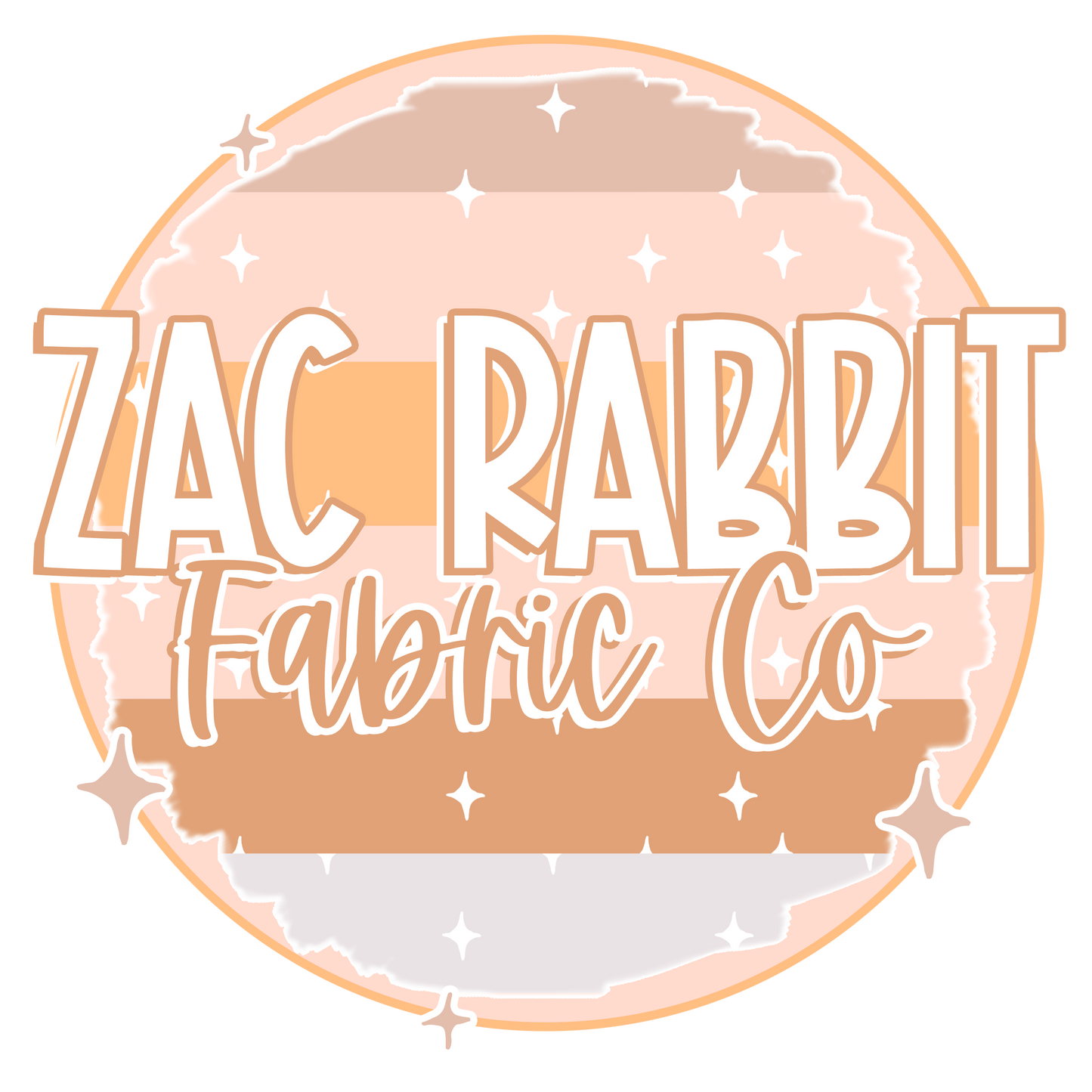Slow fashion is a movement that focuses on sustainability, ethical practices, and quality over quantity. In a world where fast fashion dominates the market, more and more consumers are turning to slow fashion to make a positive impact on the environment and support fair labor practices.
What is Slow Fashion?
Slow fashion is a response to the fast fashion industry, which produces cheap, trendy clothing at a rapid pace. Slow fashion, on the other hand, emphasizes timeless designs, high-quality materials, and ethical production methods. By choosing slow fashion, consumers can reduce their environmental footprint and support artisans and small businesses.

Embracing Sustainable Style
One of the key principles of slow fashion is embracing sustainable style. This means making thoughtful fabric choices that are better for the environment. Sustainable fabrics include organic cotton, hemp, bamboo, and Tencel. These materials are produced using eco-friendly processes and have a lower impact on the planet.
Thoughtful Fabric Choices
When it comes to choosing fabrics for your clothing, it's important to consider the environmental impact. Opt for natural fibers like organic cotton, which is grown without harmful pesticides and chemicals. Hemp is another sustainable option, as it requires less water and land to grow compared to traditional cotton.
For those looking for a luxurious feel, Tencel is a great choice. Made from sustainably sourced wood pulp, Tencel is biodegradable and has a silky smooth texture. Bamboo is also a popular choice for its softness and breathability, as well as its rapid growth rate.
By making thoughtful fabric choices and embracing slow fashion, you can contribute to a more sustainable and ethical fashion industry. Consider investing in high-quality pieces that will last for years to come, rather than following fleeting trends. Together, we can make a difference in the world of fashion.
Warm Stitches,
Zac Rabbit Fabric Co
